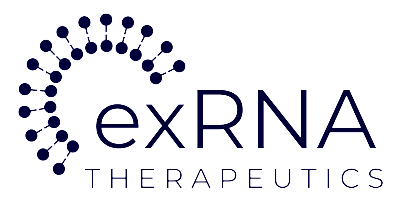
Cardiology
exRNA Therapeutics, department of cardiology is currently working on autoimmune conditions of cardiovascular diseases by targeting the genes that have undergone mutation and also upregulating the genes that needs to be upregulated by ASO therapeutics technology. Antisense oligonucleotide (ASO) therapy represents an innovative approach in the management of cardiovascular diseases (CVD). ASOs are synthetic single-stranded DNA molecules designed to selectively target and inhibit the expression of specific genes involved in disease pathways. In CVD, ASO therapy holds promise in targeting genes associated with lipid metabolism, inflammation, and thrombosis, among others. For instance, ASOs targeting proprotein convertase subtilisin/kexin type 9 (PCSK9) have shown efficacy in reducing LDL cholesterol levels, thereby lowering the risk of atherosclerotic cardiovascular events. Similarly, ASOs targeting genes involved in inflammation pathways, such as interleukin-6 (IL-6) or tumor necrosis factor-alpha (TNF-alpha), may offer potential benefits in managing inflammatory conditions contributing to CVD progression. While ASO therapy represents a promising avenue, ongoing research is needed to further elucidate its safety, efficacy, and long-term outcomes in diverse cardiovascular conditions.

Myocardial Infarction (MI)
Myocardial Infarction, commonly known as a heart attack, occurs when the blood flow to a part of the heart muscle is significantly reduced or blocked, leading to damage or death of the affected tissue. Typically caused by the rupture of a plaque in a coronary artery, MI presents with symptoms such as chest pain, shortness of breath, nausea, and sweating. Prompt medical intervention is critical to restore blood flow and minimize heart damage. Treatment may involve medications such as aspirin, thrombolytics, and beta-blockers, as well as procedures like percutaneous coronary intervention (PCI) or coronary artery bypass grafting (CABG) to restore blood flow to the affected area. Post-MI management focuses on lifestyle changes, including a heart-healthy diet, regular exercise, smoking cessation, and medication adherence, to reduce the risk of recurrent events. Long-term prognosis varies depending on the extent of heart damage and the effectiveness of treatment and lifestyle modifications. Our drug molecule has the potential to cure the symptoms of the disorder using antisense oligonucleotide therapy, which is showing remarkable results in pre-clinical trials.
